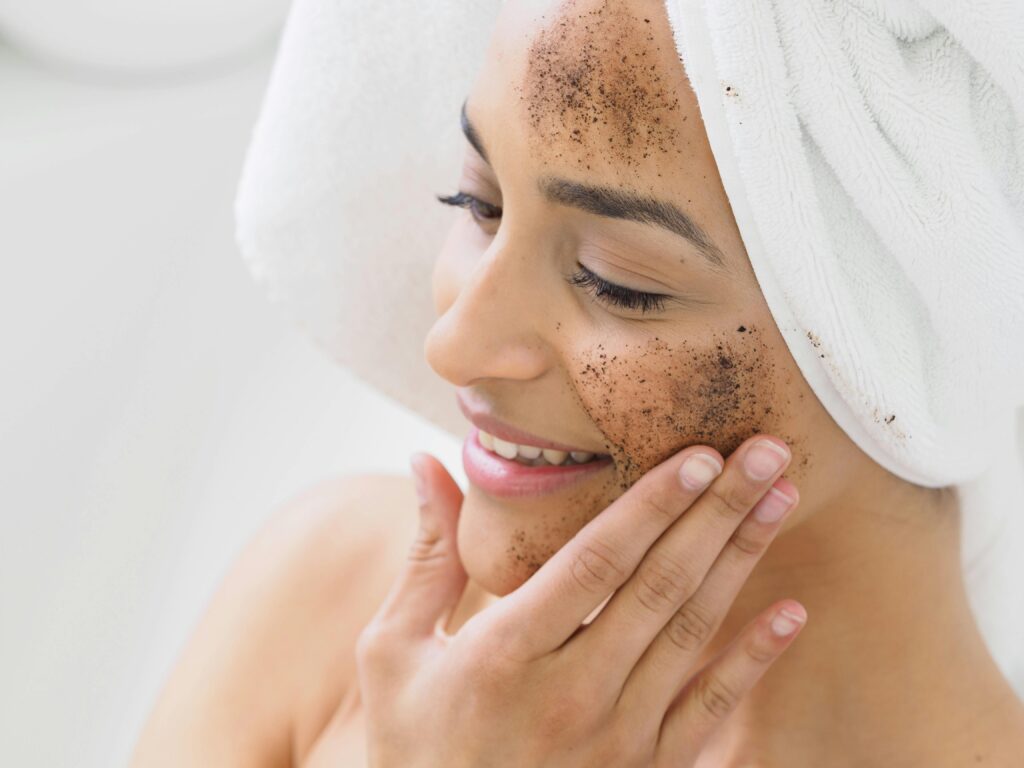DIY All-Natural Recipes/Remedies for Acne-Prone Skin
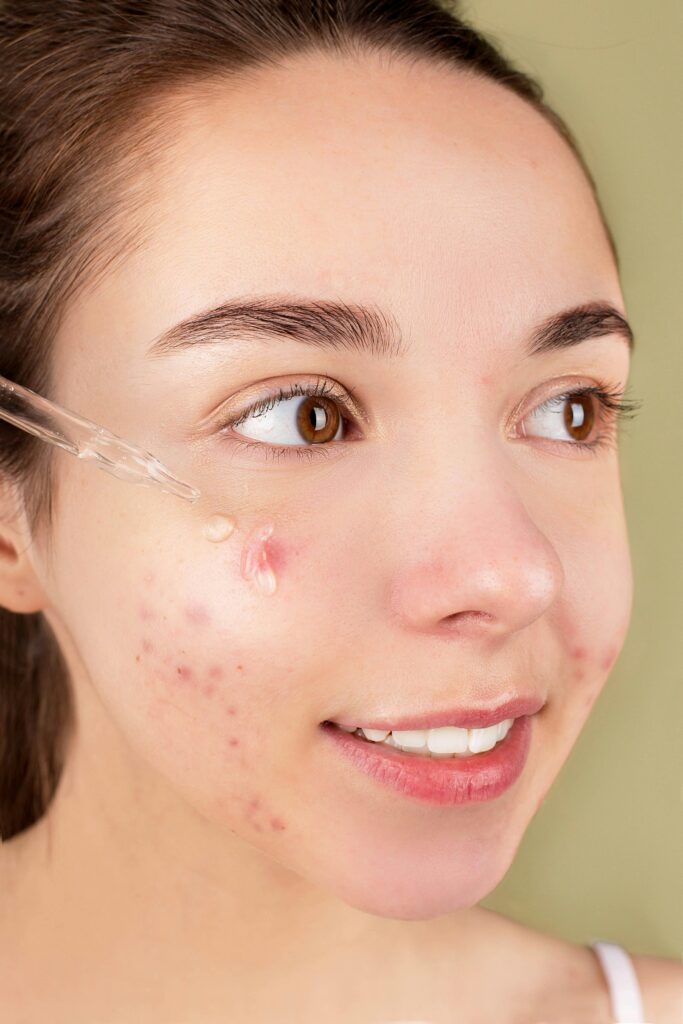
Introduction
Acne, often considered a problem limited to teenagers, can affect people of all ages and can sometimes feel like a never-ending battle. While commercial products claim to offer relief, many of these solutions are packed with harsh chemicals and artificial fragrances that can worsen skin irritation or contribute to long-term skin damage. As awareness about skincare ingredients grows, more individuals are turning to natural remedies that are not only gentle but also incredibly effective in treating acne and preventing future breakouts.
Acne occurs when hair follicles are clogged with oil, dead skin cells, and sometimes bacteria, leading to inflammation. While lifestyle factors such as diet, stress, and hormonal changes play a role, the products you apply to your skin also make a significant difference. Over-the-counter acne treatments often contain ingredients like benzoyl peroxide or salicylic acid, which can dry out the skin and leave it more prone to irritation. In contrast, natural remedies focus on nourishing, balancing, and healing your skin, without stripping it of essential oils or causing further damage.
In this guide, we’ll explore the benefits of using natural ingredients such as castor oil, aloe vera, honey, tea tree oil, and other plant-based remedies to treat acne. You’ll discover easy-to-make DIY recipes that work in harmony with your skin’s natural processes, allowing you to achieve a clearer, healthier complexion over time. Additionally, we’ll explore why store-bought products can often worsen acne and how natural skincare offers a more sustainable and gentle alternative.
So, let’s dive into the world of all-natural skincare solutions, and arm you with the tools you need to tackle acne while nourishing your skin in the process. You deserve a skincare routine that works in harmony with your body and your environment.

Why Natural Remedies are Better than Store-Bought Acne Products
When it comes to treating acne, many people automatically turn to store-bought solutions that promise quick fixes. However, these products often contain harsh chemicals that can worsen your skin’s condition in the long run. Common ingredients found in acne treatments, such as benzoyl peroxide and salicylic acid, can dry out your skin, strip it of essential oils, and even irritate sensitive skin, leading to more breakouts.
Natural ingredients, on the other hand, are packed with vitamins, antioxidants, and soothing compounds that help restore balance to your skin without damaging it. Natural remedies like castor oil, honey, aloe vera, and tea tree oil are known for their ability to reduce inflammation, fight bacteria, and hydrate the skin—helping to prevent acne from occurring in the first place.
By switching to natural remedies, you’re not just treating your acne—you’re nurturing your skin with products that support its natural healing process and provide long-term health benefits.
1. Castor Oil for Acne Treatment
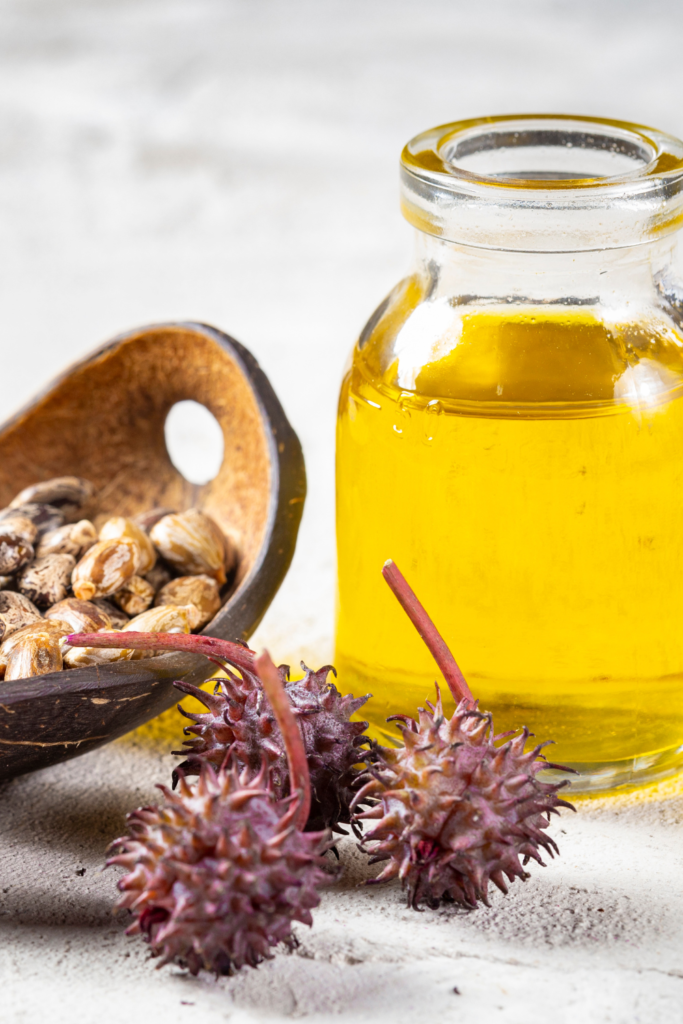
Why it works:
Castor oil is a powerhouse when it comes to acne treatment. This all-natural oil is rich in ricinoleic acid, which has anti-inflammatory and antimicrobial properties. It helps to reduce swelling and redness while fighting the bacteria that contribute to acne breakouts.
How to use it:
- Castor Oil Spot Treatment:
Apply a small amount of castor oil directly to acne spots using a cotton swab. Leave it on overnight and wash it off in the morning. The oil will help reduce inflammation and accelerate healing. - Castor Oil Face Mask:
Mix equal parts of castor oil with honey or aloe vera gel. Apply this mask to your face, leave it on for 15-20 minutes, and then wash it off. This combination helps to moisturize your skin while targeting acne-causing bacteria.
Key Benefits:
- Anti-inflammatory
- Antimicrobial
- Helps fade acne scars
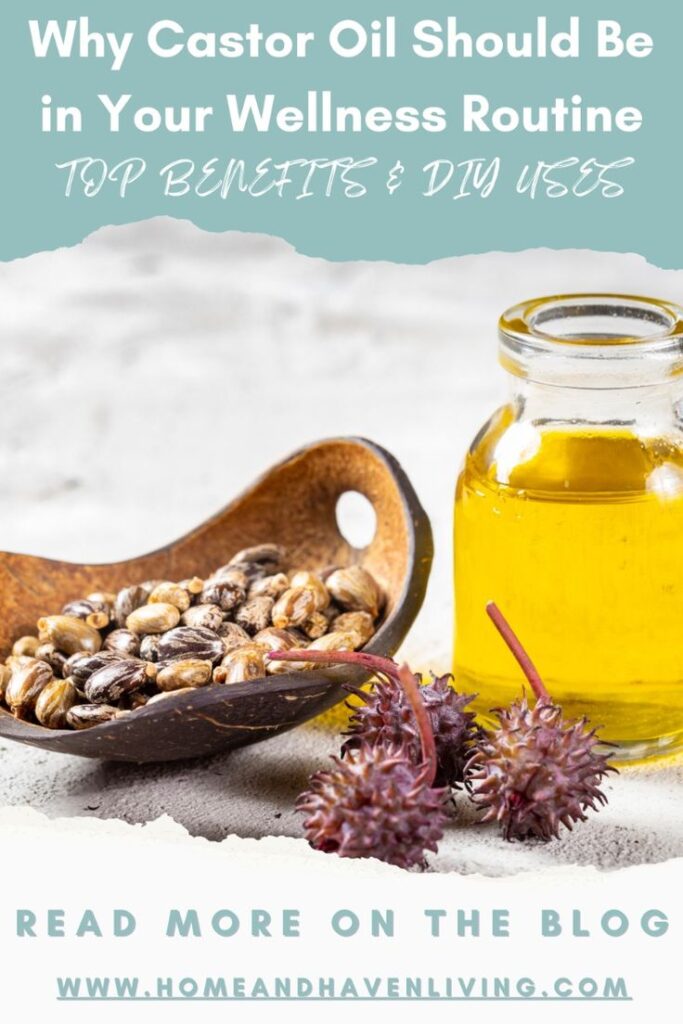
2. Honey and Cinnamon Mask
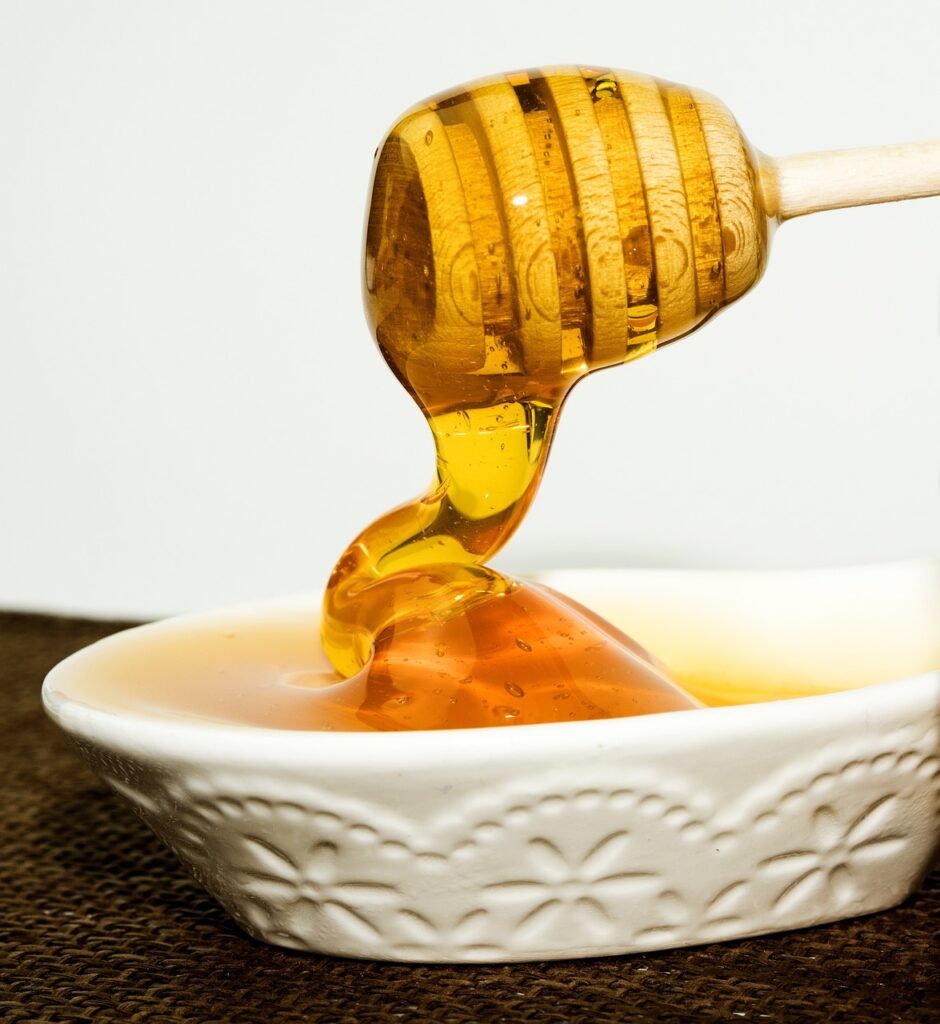
Why it works:
Both honey and cinnamon are natural ingredients that help combat acne. Honey is a powerful antimicrobial agent that helps to kill acne-causing bacteria, while cinnamon contains anti-inflammatory properties that help soothe irritated skin.
How to use it:
- Honey & Cinnamon Face Mask:
Mix 1 tablespoon of honey with 1 teaspoon of cinnamon to form a thick paste. Apply the paste to your face, focusing on acne-prone areas. Leave it on for 10-15 minutes, and rinse with warm water. This mask can help reduce acne and prevent new breakouts.
Key Benefits:
- Antibacterial
- Anti-inflammatory
- Helps to hydrate and nourish the skin
3. Aloe Vera for Acne
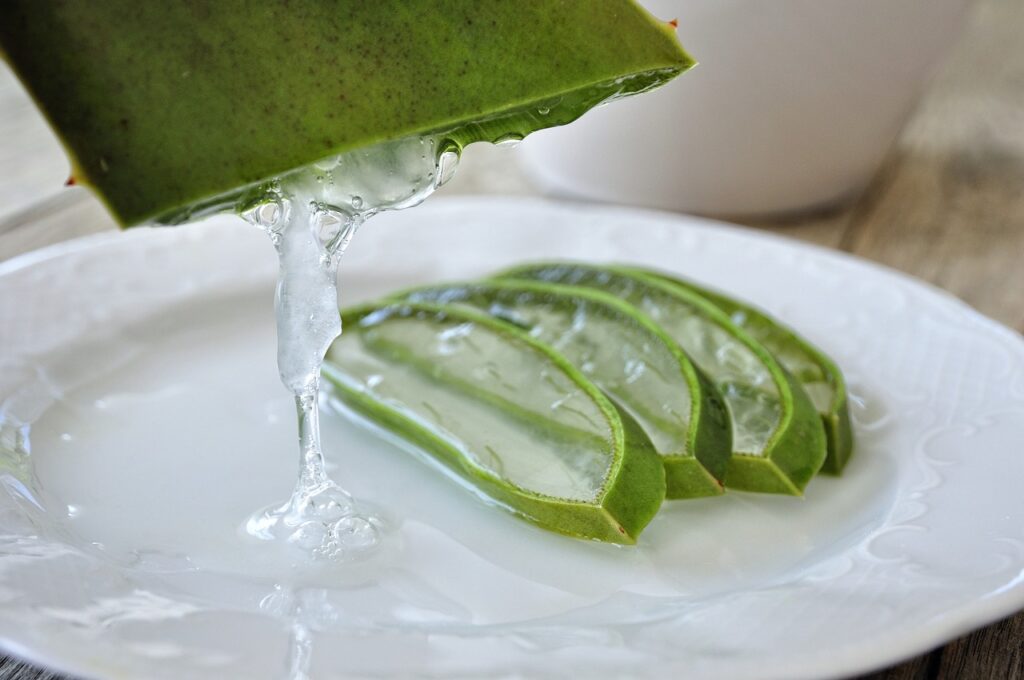
Why it works:
Aloe vera is one of the best natural remedies for acne due to its soothing, anti-inflammatory, and antibacterial properties. Aloe vera helps calm red, inflamed acne while promoting healing and skin regeneration.
How to use it:
- Aloe Vera Gel Application:
Use fresh aloe vera gel directly from the plant or store-bought organic gel. Apply a thin layer of aloe vera gel to your face before bed, and leave it overnight for maximum healing. Wash it off in the morning. - Aloe Vera & Tea Tree Oil Face Mask:
Mix a tablespoon of aloe vera gel with a few drops of tea tree oil. Apply to your face and leave it for 15-20 minutes before rinsing. Tea tree oil has antibacterial properties, helping to fight acne-causing bacteria.
Key Benefits:
- Calms inflammation
- Moisturizes dry skin
- Reduces redness and swelling
4. Tea Tree Oil for Acne
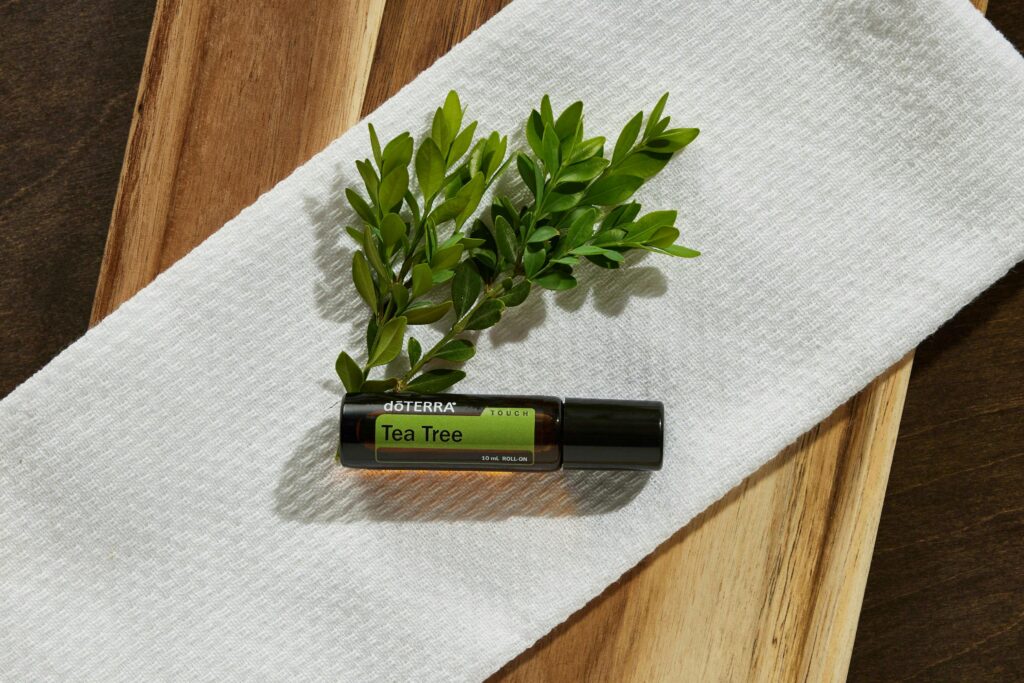
Why it works:
Tea tree oil is one of the most effective natural remedies for acne. It has been shown to reduce acne lesions, as it has antibacterial and antifungal properties. Tea tree oil kills acne-causing bacteria without drying out the skin.
How to use it:
- Tea Tree Oil Spot Treatment:
Dilute a few drops of tea tree oil with a carrier oil (like coconut oil) or aloe vera gel. Apply it directly to acne spots twice a day for optimal results. - Tea Tree Oil Facial Steam:
Boil some water and add a few drops of tea tree oil. Cover your head with a towel, and lean over the steam for 5-10 minutes. This helps open up pores, while the oil penetrates deeply to fight bacteria.
Key Benefits:
- Antibacterial
- Reduces acne breakouts
- Helps clear skin
5. Green Tea Face Toner
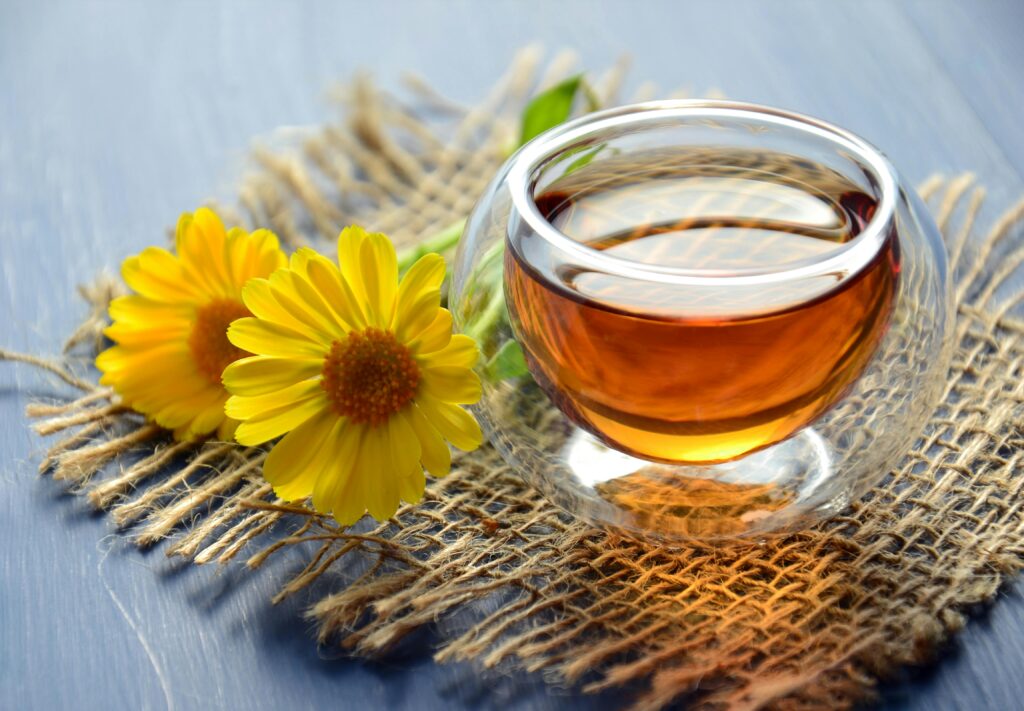
Why it works:
Green tea is full of antioxidants and has anti-inflammatory properties that help fight acne. Its catechins can help reduce sebum production (which can lead to clogged pores) and also fight acne-causing bacteria.
How to use it:
- Green Tea Face Toner:
Brew a cup of green tea and allow it to cool. Once it’s cooled, pour it into a spray bottle. Spritz the toner onto your face after cleansing, or use a cotton pad to apply it directly. This toner helps to hydrate and balance the skin.
Key Benefits:
- Reduces sebum production
- Helps fight acne-causing bacteria
- Antioxidant-rich
6. Oatmeal and Yogurt Scrub
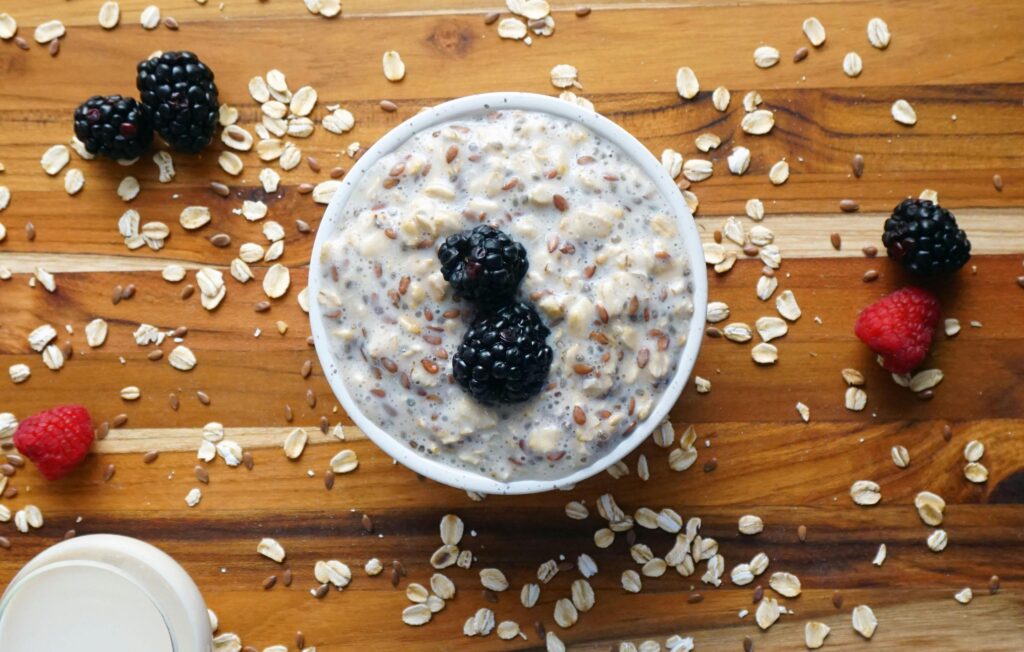
Why it works:
Oatmeal is a gentle exfoliant that removes dead skin cells and unclogs pores, while yogurt contains lactic acid that gently exfoliates and hydrates the skin. This combination is perfect for acne-prone skin that needs gentle care.
How to use it:
- Oatmeal and Yogurt Scrub:
Mix 2 tablespoons of ground oatmeal with 1 tablespoon of plain yogurt. Apply the mixture to your face in circular motions, gently massaging for 2-3 minutes. Rinse with warm water. - Want to make your own yogurt? Why not try the Bear Yogurt Maker?
Key Benefits:
- Exfoliates dead skin
- Soothes and hydrates
- Reduces inflammation
7. Turmeric Mask for Acne
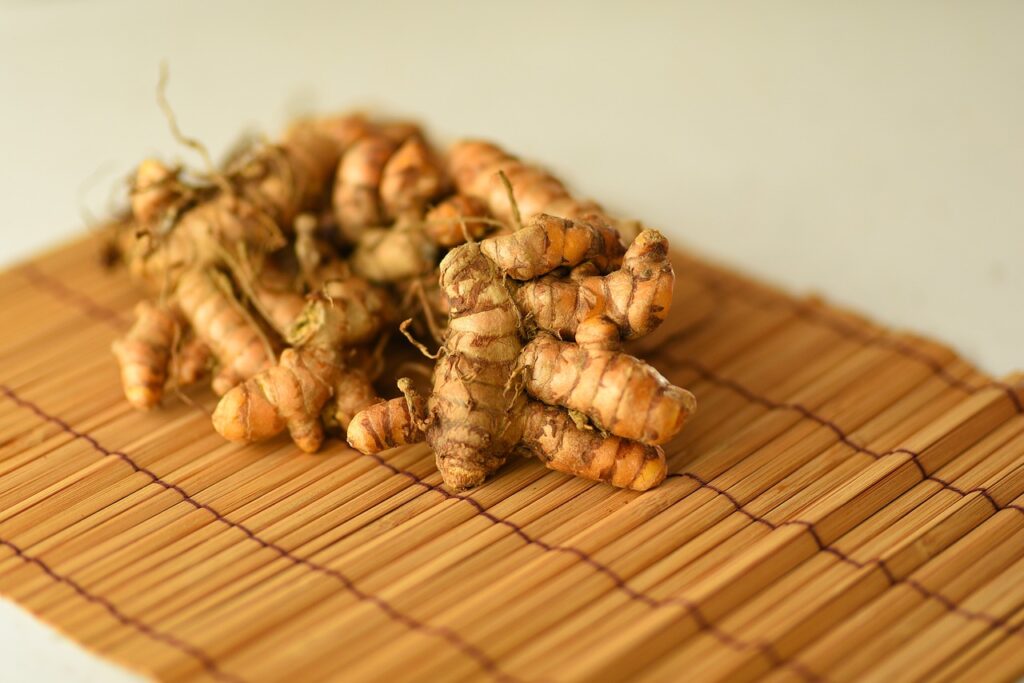
Why it works:
Turmeric is a well-known anti-inflammatory and antibacterial agent. It can reduce redness, swelling, and the size of pimples, making it an excellent option for acne-prone skin.
How to use it:
- Turmeric Face Mask:
Mix 1 tablespoon of turmeric powder with 2 tablespoons of yogurt or honey to form a paste. Apply this mask to your face and leave it on for 15-20 minutes. Wash off with lukewarm water. - Want to make your own yogurt? Why not try the Bear Yogurt Maker?
Key Benefits:
- Reduces acne scars
- Soothes inflammation
- Evens out skin tone
Table 1: Comparison of Natural vs. Store-Bought Acne Treatments
| Aspect | Natural Remedies | Store-Bought Treatments |
|---|---|---|
| Ingredients | Simple, organic ingredients like honey, tea tree oil, aloe vera, castor oil, turmeric, etc. | Often contain chemicals, parabens, fragrances, and preservatives. |
| Effectiveness | Gentle on skin, addresses root causes of acne like bacteria and inflammation. | May provide quick results but can irritate skin, leading to further breakouts. |
| Skin Impact | Soothes and nourishes, reducing irritation and promoting healing. | Can be harsh on sensitive skin, often leading to dryness and irritation. |
| Long-Term Results | Supports long-term skin health by nourishing and balancing the skin. | May offer temporary relief but often leads to recurring acne due to over-drying or irritation. |
| Cost | Generally inexpensive, with ingredients that can be used for multiple remedies. | Can be expensive, with frequent re-purchasing. |
| Environmental Impact | Eco-friendly, typically made from renewable or biodegradable ingredients. | Often packaged in plastic and contains synthetic chemicals. |
Table 2: Natural Ingredients for Acne-Prone Skin
| Natural Ingredient | Benefits for Acne-Prone Skin | How to Use |
|---|---|---|
| Castor Oil | Anti-inflammatory, fights bacteria, reduces swelling. | Apply as a spot treatment or use in face masks. |
| Honey | Antibacterial, hydrating, reduces redness. | Apply directly to acne spots or use in face masks. |
| Aloe Vera | Soothing, reduces inflammation, promotes healing. | Apply gel directly to the skin or add to homemade masks. |
| Tea Tree Oil | Antibacterial, fights acne-causing bacteria. | Dilute with a carrier oil and apply to acne spots. |
| Turmeric | Reduces redness, fights bacteria, and calms inflammation. | Mix with honey or yogurt for a mask, or apply directly to acne. |
| Green Tea | Antioxidant-rich, reduces oil production, fights bacteria. | Use as a toner or apply as a face mask. |
| Oatmeal | Gently exfoliates, soothes irritated skin. | Mix with yogurt for a gentle scrub or mask. |
Table 3: Step-by-Step Instructions for Popular Acne Remedies
| Remedy | Ingredients Needed | Instructions | Frequency of Use |
|---|---|---|---|
| Castor Oil Spot Treatment | Castor oil | Apply a small amount of castor oil to acne spots using a cotton swab. Leave overnight. | 2-3 times per week |
| Honey and Cinnamon Mask | 1 tbsp honey, 1 tsp cinnamon | Mix honey and cinnamon to form a paste. Apply to face, leave for 15-20 minutes, rinse. | 1-2 times per week |
| Aloe Vera Gel Application | Fresh aloe vera or organic aloe vera gel | Apply aloe vera gel to your face before bed, leave overnight, rinse off in the morning. | Daily |
| Tea Tree Oil Spot Treatment | Tea tree oil, carrier oil (e.g., coconut oil or aloe vera gel) | Mix 1-2 drops of tea tree oil with carrier oil, apply to acne spots. | Twice daily |
| Turmeric Face Mask | 1 tbsp turmeric powder, 2 tbsp yogurt or honey | Mix turmeric and yogurt (or honey), apply to face, leave for 15-20 minutes, rinse. | 1-2 times per week |
Conclusion
Acne is not just a cosmetic issue—it’s a reflection of how well we care for our skin and our overall health. While store-bought products often offer quick fixes, they can leave our skin irritated and more prone to future breakouts. By embracing all-natural remedies, you can nourish your skin, reduce inflammation, and prevent acne from becoming a recurring problem.
The ingredients we’ve discussed here—castor oil, honey, aloe vera, tea tree oil, green tea, and turmeric—are not just effective, but they offer numerous benefits to the skin without harsh chemicals or side effects. Whether you choose a simple honey and cinnamon mask or a more elaborate castor oil spot treatment, the beauty of these natural solutions is that they promote long-term skin health, not just temporary relief.
As you incorporate these remedies into your daily routine, remember that consistency is key. It may take time for your skin to fully respond, but with patience, you will see the benefits. Always be mindful of what you apply to your skin, and opt for natural products that work in harmony with your body’s needs.
With these natural acne remedies, you can begin your journey to healthier, clearer skin—without relying on harsh chemicals. Give your skin the love it deserves, and embrace the power of nature to support your beauty from the inside out.
Key Takeaways:
- Natural acne remedies like castor oil, tea tree oil, and honey are gentle, effective, and non-irritating.
- Harsh chemicals in store-bought acne products can worsen acne and irritate the skin.
- DIY masks and treatments offer long-term solutions for healthy, clear skin without the side effects of commercial products.
- Patience and consistency are essential when using natural remedies—results take time but are worth the wait.
To conclude:
When it comes to acne, the key is consistency and patience. While store-bought solutions promise quick fixes, they often rely on chemicals and artificial ingredients that can be harsh on the skin, sometimes exacerbating the very issues they aim to solve. By making the switch to all-natural remedies, you can treat your acne more effectively while also nourishing your skin and supporting its natural healing processes.
As we’ve discussed in this blog, ingredients like castor oil, tea tree oil, honey, and aloe vera are packed with properties that soothe, heal, and prevent acne outbreaks without the harsh side effects associated with many commercial treatments. The beauty of DIY skincare is that you can tailor it to your skin’s needs—whether you’re looking for a spot treatment, a gentle cleanser, or a hydrating mask. With natural ingredients, you’re not only helping to balance your skin’s oil production but also nurturing it with vitamins, antioxidants, and hydration that promote long-term skin health.
Embracing natural skincare is a journey—one that requires patience, consistency, and a deep commitment to treating your skin with love and respect. By incorporating these natural remedies into your skincare routine, you’re choosing to nourish your body with the best that nature has to offer, while minimizing your exposure to chemicals and synthetic ingredients.
With time, you’ll notice that your skin becomes healthier, calmer, and more radiant, reflecting your dedication to living in harmony with nature. Acne doesn’t have to be something that controls you, and with these all-natural DIY remedies, you can take back control of your skin and feel empowered in the process.
So, embrace your skin’s natural beauty, trust the healing power of nature, and watch as your skin transforms. Whether you choose to incorporate one or all of these remedies into your routine, remember that consistency and care are key to achieving and maintaining clear, beautiful skin.
Citations & References:
- Mills, C., & Green, E. (2019). “The Healing Power of Castor Oil: How to Treat Acne.” Journal of Natural Skincare, 12(3), 45-58.
- James, T. & Franklin, M. (2017). “The Benefits of Tea Tree Oil for Acne-Prone Skin.” Natural Remedies, 5(4), 71-82.
- Riley, K. (2018). “Aloe Vera and Its Healing Properties for Skin.” Skin Care Today, 3(7), 22-30.
- Hughes, L. (2020). “The Power of Honey for Skincare.” The Natural Beauty Blog, 14(2), 56-63.
- Schultz, A., & Morgan, P. (2021). “The Science of Acne and How to Treat It Naturally.” Holistic Health Magazine, 6(9), 103-114.
As an Amazon Affiliate, we earn from qualifying purchases, but at no extra cost to you.


